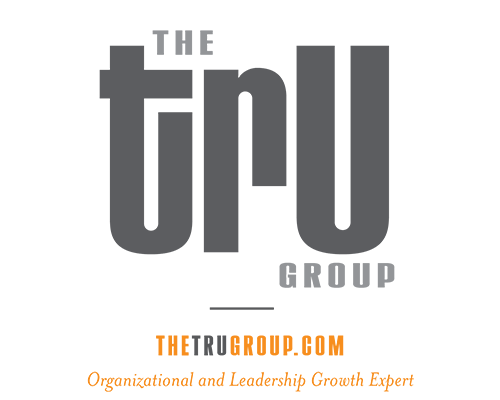I was talking to a group of graduate students and the question was asked, “What advice would you give to someone about finding a mentor?”
I asked the follow-up question, “How many of you have ever had a mentor?”
Less than half of the hands went up. So I started at the beginning because, from my experience in working with learners of all ages, I knew most of them (even the ones with their hands up) were missing some key knowledge they needed to create a great mentoring experience.
Mentoring is a personal growth and development strategy where a mentor supports the mentee by sharing resources, expertise, values, skills, perspectives, attitudes, and proficiencies.
The short version –
Mentoring is finding someone smarter than you and learning from them so you get smarter faster.
As I work with leaders of high growth companies, I encourage them to find people who have faced the same challenges they have faced and learn from them. I do this because as a consultant and coach, I need them to own their development and find people to help accelerate their development.
I believe that in growth transitions (double-digit growth or moving into a new leadership role), there is tremendous opportunity for growth and tremendous risk. Having a support team around you in those transitions that is focused on your development is critical. I am confident in what I can do as a coach or consultant, and I also know I cannot do it all. Encouraging mentors is my way of asking for help without eroding their confidence in me as a consultant and coach.
Here are the 4 Steps for creating a positive and productive mentoring experience:
- Identify what you are trying to learn or what problem you need help solving.
- Do some research: Who do you know that has the knowledge or experience that you are seeking?
- Determine who is the best fit and how long you think it will take to meet your objectives.
- Make the ask by reaching out (or being introduced); be ready to provide this information:
- What input/expertise are you looking for?
- Why are you asking them?
- What is the time commitment? (guide is 1-2 hours a month for 3-6 months or until objectives are met)
Recently, I reached out to a friend who is about 10 years ahead of me in consulting. I am reaching a point where I need to run my business differently to continue the growth I have experienced in 2016. I followed these steps, we had two sessions, and I left with a pretty big assignment: analyze my time and use it to create filter on my work in 2017. In this way, I can focus on the most important things, find help for some things, and say no to other things.
My commitment was to follow up with her by the end of the year with my progress. In my experience of mentoring dozens of people, this follow-up is the #1 missed step. Remember, at the heart of every mentor is a desire to help. Follow-up lets them know how they helped and demonstrates our ability to follow-through on commitments. It is also a fundamental belief/value of my business:
Learning + Doing = Growth
Whether you are a leader charged with developing your team, an HR leader supporting questions around development, or an individual that is committed to mastery in what they do, mentoring is probably the most powerful and accessible tool to help achieve your outcomes.
Here is a document I share with coaching clients to help them build powerful and positive mentoring relationships.
Lead well . . .

